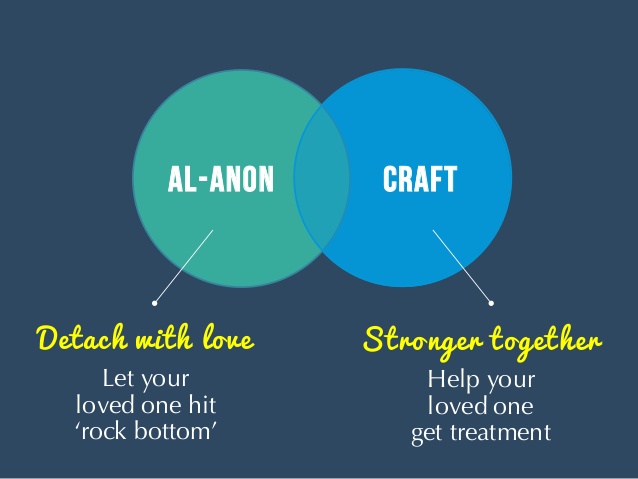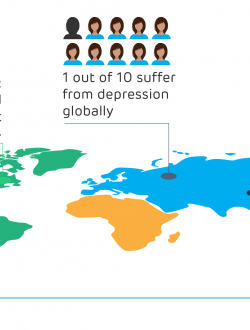How CRAFTing positive communication can help addicted family members

‘I’m really going to stop drinking tomorrow!’ Hearing this over and over again can make the related family members feeling desperate. Harsh confrontation generally is not the way to go. A positive approach might be life-saving: changing someone’s environment so that not using is more rewarding them using.
To offer support for worried family members or life partners of people struggling with addiction, Karify collaborated with Jellinek Addiction Care. They have developed an online program based on the CRAFT training. The CRAFT training stands for Community Reinforcement and Family Training. It aims at allowing family members to help a loved one who is grappling with addiction but refusing treatment.
The training will teach them how to deal with the substance use, how to motivate the family member to start treatment and how to improve the quality of their own life. In Karify’s online environment you will find information, videos and assignments to support the training.
The Roots of CRAFT
CRAFT was developed by Robert Meyers, Ph.D. at the University of New Mexico. When he was a young child, his father had a drinking problem and his mother experienced depression and other related problems. Working as a couples counsellor in community reinforcement, he realised that the spouses of a drinker had far more influence than one might expect. He started working with spouses, wanting to help them learn strategies to get their partners into treatment.
Since D.R. Meyers believed that family members played a major role in influencing the addicted person.This is why the training has been built up around the concepts of Concerned Significant Others (CSO), typically a family member or life partner, and the Identified Patient (IP). A better quality of life of the CSO and reduction of the IP’s addictive behaviour are the main goals, besides influencing the IP to begin addiction treatment.
Positive communication at the core
The primary mechanism of change is the CSO’s behaviour towards the IP. Only after this change, you can change someone else’s behaviour. Unwillingness to participate in a treatment that requires oneself to change can be related to the anger of the CSO towards the IP. CRAFT helps CSO’s to understand that even though they are not responsible for the addiction, they can be very helpful by promoting recovery.
Positive communication is at the core of this CRAFT Training process, based on principles of the well-researched conditional theory. It learns CSO’s to reward non-using behaviour while ignoring using behaviour and discontinuing the well-intended removal of negative natural consequences.
As Dr. Meyers explains: “What we teach family members to do in response to intoxication is to not yell or nag, but to say, “Well, I can see you’re having a hard time, Bill. I love you so much and it hurts me to see you this way. I think I need to go to bed now. We can talk in the morning if you want.”
The goal is to disengage from the intoxication to eventually help extinguish this behavior.
Below is a video that outlines principles of reinforcement (reward) and punishment when using CRAFT with family members. (Starting from 3:20)
https://www.youtube.com/watch?v=qJiypDMuekg
CRAFT, more than addiction ‘intervention’
In short, CRAFT is about positive communication and the reinforcement of positive behaviour. It provides the substance user and the family members with more positive, effective ways to interact with one another, resulting in a more optimistic view and holistic plan.
 And the best of all, research shows that CRAFT works. It appears to be the most effective counselling approach in engaging initially unmotivated addicts. In one study, 74% of concerned family members succeeded in getting their loved ones into treatment and 100% of the family members experienced decreases in feelings of anxiety and depression (Miller, Meyers and Tonigan, 1999).
And the best of all, research shows that CRAFT works. It appears to be the most effective counselling approach in engaging initially unmotivated addicts. In one study, 74% of concerned family members succeeded in getting their loved ones into treatment and 100% of the family members experienced decreases in feelings of anxiety and depression (Miller, Meyers and Tonigan, 1999).
References:



